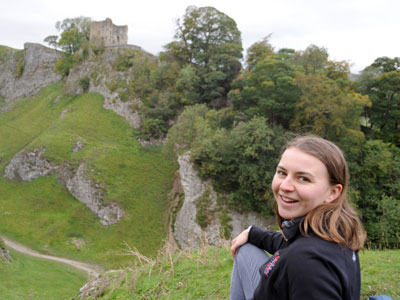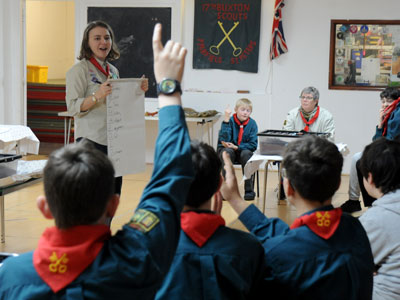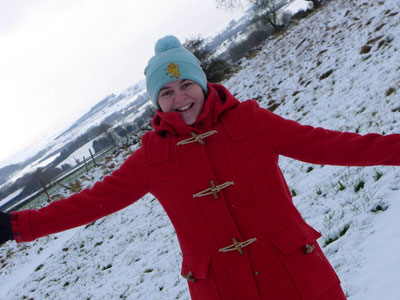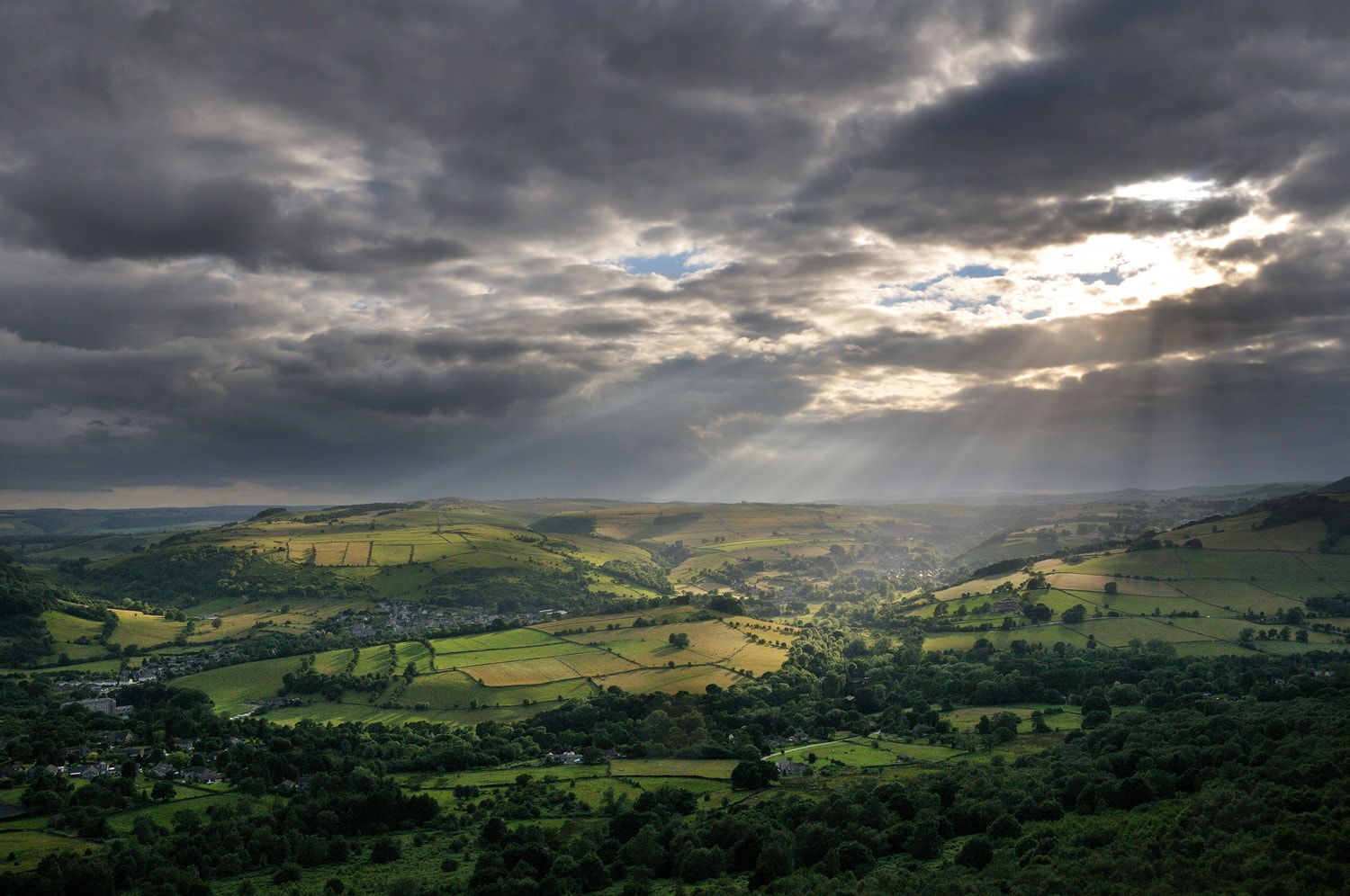#70People70Years - Morgause Lomas

Morgause Lomas - Archaeology Innovator
Twenty-three year old Morgause Lomas is the creator of the award-winning Derbyshire Scout Archaeology Badge. She developed the badge in 2020, in a two-month gap after graduating during the Covid-19 pandemic with an archaeology degree from Cambridge University and before starting her current job in the Merchant Navy. "The pandemic created a crazy time at the end of my degree, but like many other people I wanted to do something meaningful to counteract what was happening in the world. At the same time I found out about the Scout of the World Award (SOWA) which gives people aged 18 to 25 the opportunity to run a project that meet criteria of Environment, Sustainability and Peace. I wanted to find a way to use my degree and to help people and over a few days I developed the idea of the Derbyshire Scout Archaeology Badge.
"Archaeology has impacted massively on my life and I wanted to pass that positive effect on to other young people. The Covid-19 restrictions meant that lots of people were turning to the internet looking for new interests and for places to visit in their daily exercise hour - visiting archaeological sites for the first time provided a bit of excitement in a stressful time."
Thanks to Morgause's entrepreneurial efforts the badge was launched in January 2021. By the end of the year, some 100 scouts had gained their Derbyshire Scout Archaeology Badges having taken part in archaeological activities including learning survey techniques, joining community-led excavations, making Stone Age tools, and running outreach projects.
In December 2021, Morgause and Derbyshire Scouts earned national recognition when the Council for British Archaeology awarded the new badge their Archaeological Innovation Award, beating off 80 other nominees.

Morgause says: "It was a real thrill to win this top national award as it celebrates innovative approaches and techniques in archaeology. They chose the Derbyshire Scout Archaeology Badge for championing imaginative practice and ways of doing things differently. In less than a year, we've had more than ten thousand hits on our summer project’s social media, gained one hundred and fifty online followers, and we have awarded over one hundred badges."
She hopes that Scouts UK will adopt the badge and has already had interest from county Scouts groups in Hampshire, Leicestershire and Yorkshire to help grow the interest in archaeology. "It’s important to spread the word to other groups, there’s so much to learn from it, but I will be working to keep it strong in Derbyshire as this is where it started and there are still so many opportunities and stories for people to discover."

Although currently working as an engineer with the Merchant Navy, Morgause’s passion for archaeology and cultural heritage runs deep. "It is hard to find work in the graduate market when you leave university and especially during a pandemic; when I wasn’t able to find an archaeology job I followed my sailing and engineering interests to gain experience and earn a living - but really my heart is in heritage and the Peak District is where my true passion lies.
"I grew up in the National Park in the tiny village of Chelmorton, a small rural community where everyone knows everyone and you could play in the road. We were surrounded by a landscape of drystone walls that preserve medieval field patterns and hills topped with ancient burial mounds – but it’s not something you take much notice of as a child. My parents introduced me to the area’s heritage on family visits to Arbor Low, Peveril Castle and many more of the historic sites on our doorstep. I’d get to dress up as a knight and it was lots of fun. I remember getting a Year 8 history project to make something that reflected different time periods and with my parents we had amazing adventures experiencing different places in the National Park from different times. As I got older I realised how precious it all was."

Studying at Cambridge offered new landscapes to explore, however, when Morgause had the opportunity at the end of her second year to get involved with an excavation, she chose to return to the Peak District and joined a community-led dig at Castleton. “It was an amazing experience to work alongside the University of Sheffield team and Castleton Historical Society - I saw how important it is for local people to interact with their local heritage, for kids to come along and get their hands into it. Castleton has a piece of my heart, it really inspired me to understand there is something special in archaeology and heritage and that it’s for sharing with everyone.
"Archaeology is multi-disciplinary so there’s always something of interest to appeal to different people. For me though, the Peak District holds the most significance – you don’t get this range and quality of features from different ages in many places - there's a whole timeline of stories for you to find on the doorstep and feel connected with. You don’t always realise it at the time but visiting these sites as a child forms a powerful link that as you grow up clicks into place.
"I’m excited for the future with plans to qualify as an Explorer Leader with Scouts – I’ve experienced what a life-changing impact being part of both the Guides and Scouts can have and I want to give something back as a volunteer. Over the winter, we’ve got the Time Travelling Trowel Blazers project and next year is already looking packed with the first birthday of the Derbyshire Scout Archaeology Badge on 22nd January, Scout camps and activity weekends, excavations and more Derbyshire Archaeology Adventures for young people to join in with. And personally, I’d like to move my career from marine engineering into the cultural heritage sector to work with what I love best."
For young people interested in gaining the Derbyshire Scout Archaeology Badge, ‘dig in’ via the Derbyshire Scouts website or email archaeology@derbyshirescouts.org.
The Derbyshire Scout Archaeology Team facilitates the badge through engaging activities and free high-quality resources to help Scouts learn about the past and gain skills to empower them to make positive contributions to society.
Back to 70 People 70 Years.

